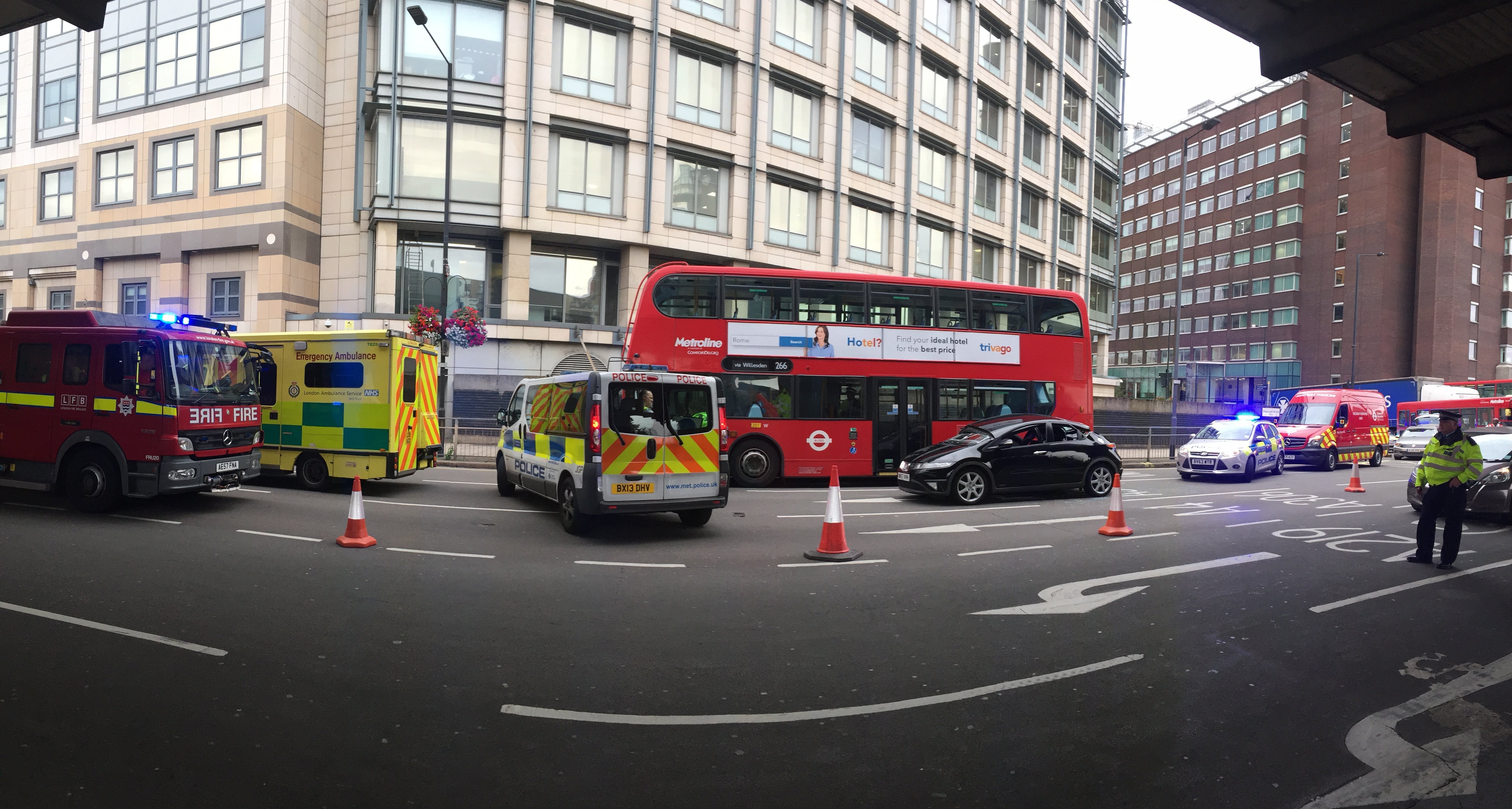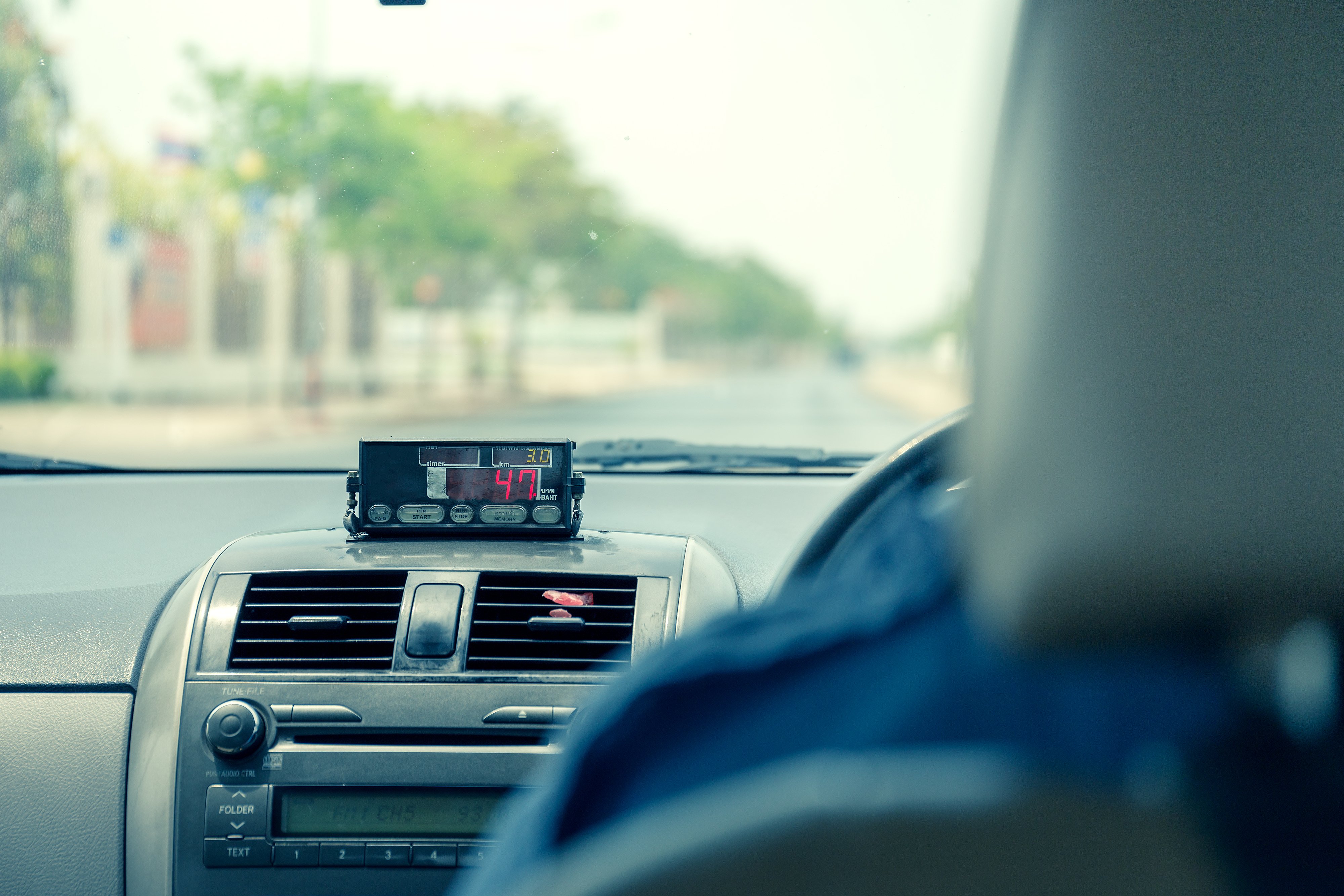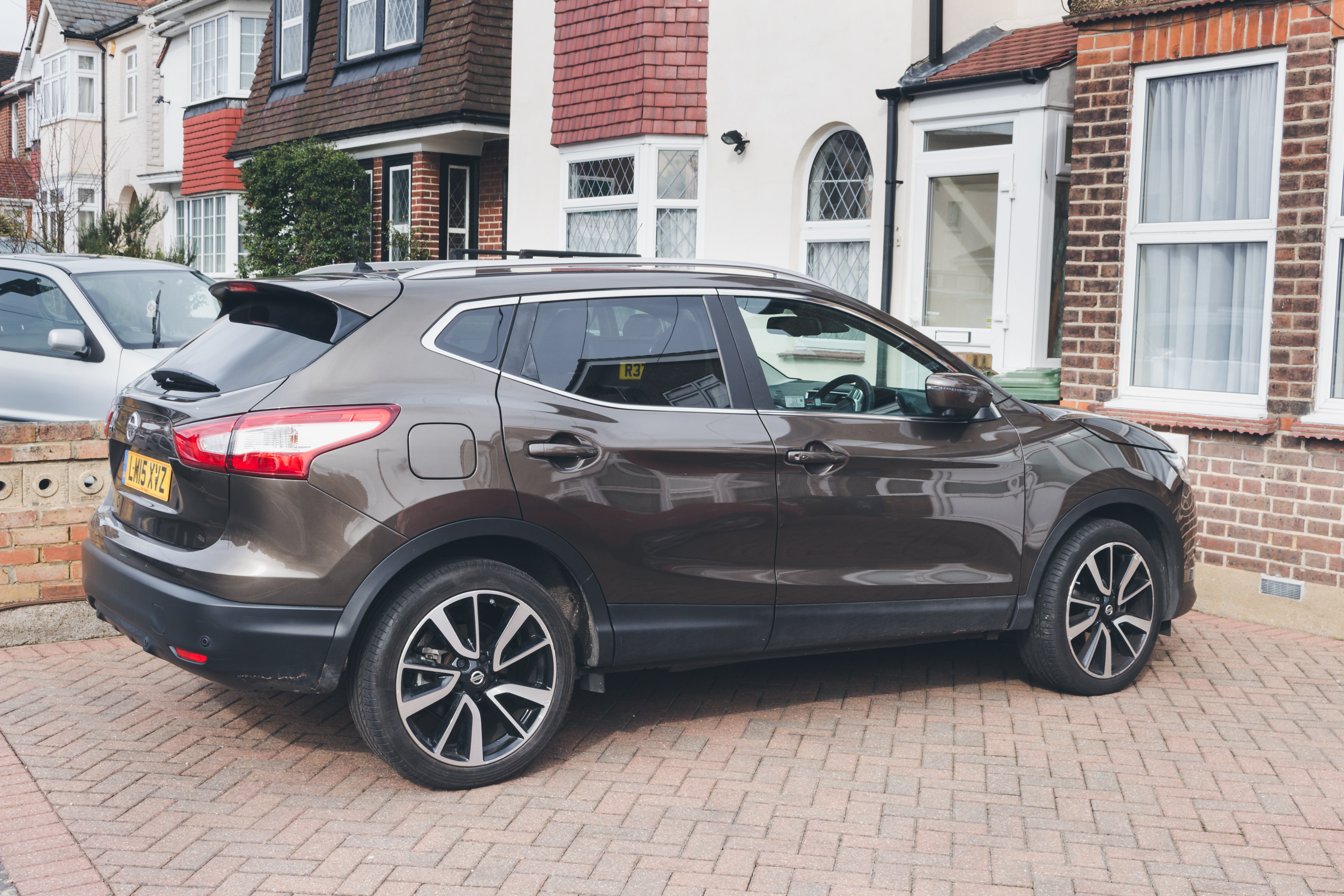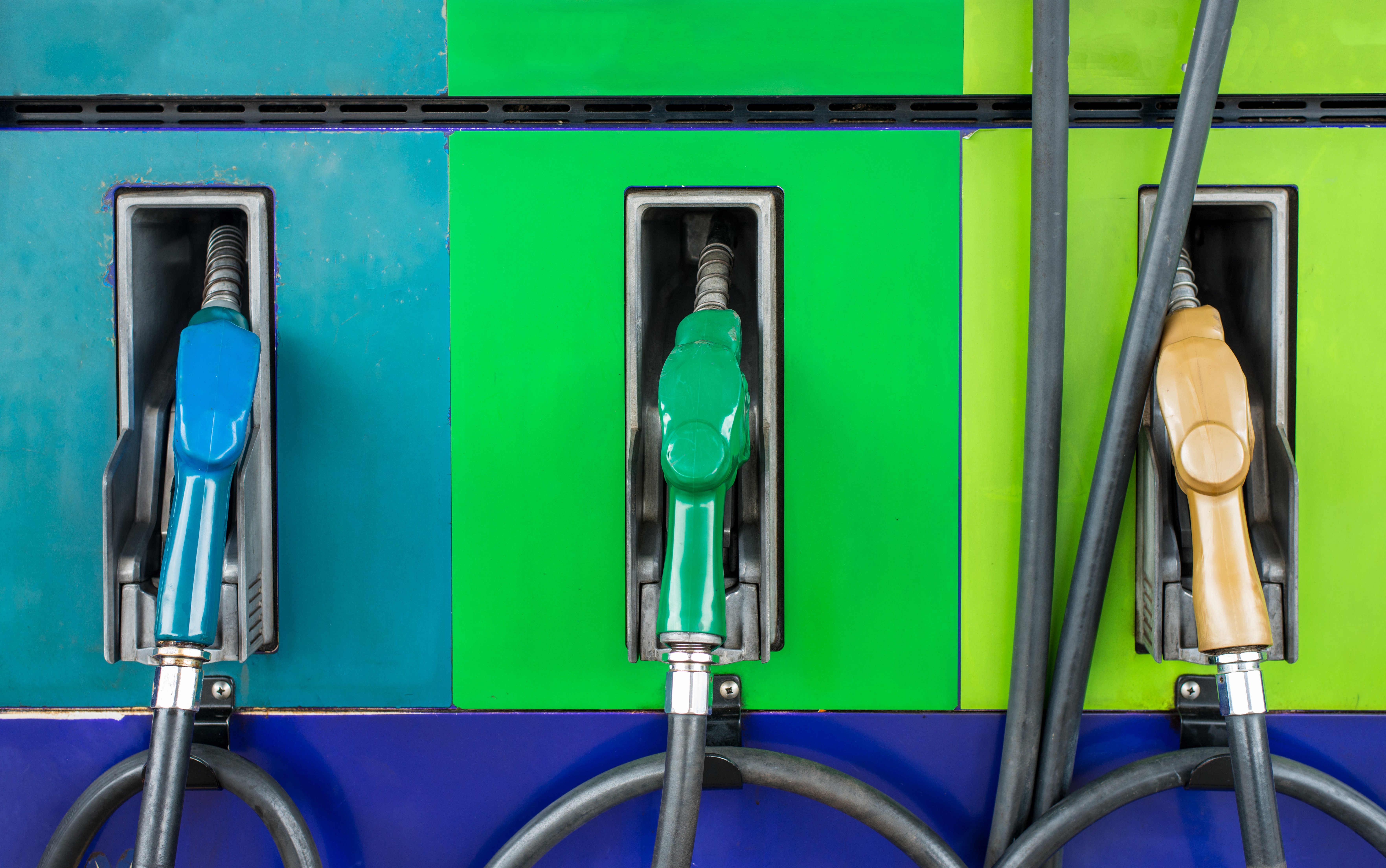
Third of UK drivers cannot afford to buy even the cheapest electric car says CEBR
One in three motorists cannot afford to buy and then maintain even the cheapest electric car, according to the economic research group CEBR.
That number equates to ten million households, that cannot afford to buy the cheapest electric car. If you do a quick search on Autotrader, the cheapest is a used 2014 Renault Zoe for £4,895 on a battery lease.
And middle-earning households will also struggle to pay for one of the cheapest leased electric vehicles – which is the £170-a-month Skoda Citigo.
The Centre for Economics and Business Research (CEBR) carried out the research and they showed that drivers need to be spending around £2,100 a year on their current car, including fuel, to afford an electric vehicle.
But low-income households that spend £1,800 or less could afford a plug-in car at a squeeze, but those who spend around £1,400 or less a year will have difficult, which is one third of all drivers on the roads.
CEBR economists said the research proves that ‘access to an electric vehicle is a pipe dream for a third of the population’.
The findings are a bit of a blow to the Government plans to ban sales of new petrol and diesel cars by 2030. Motor groups have described the £12billion plan as ‘incredibly ambitious’ when plug-ins account for just 0.3 per cent of vehicles.
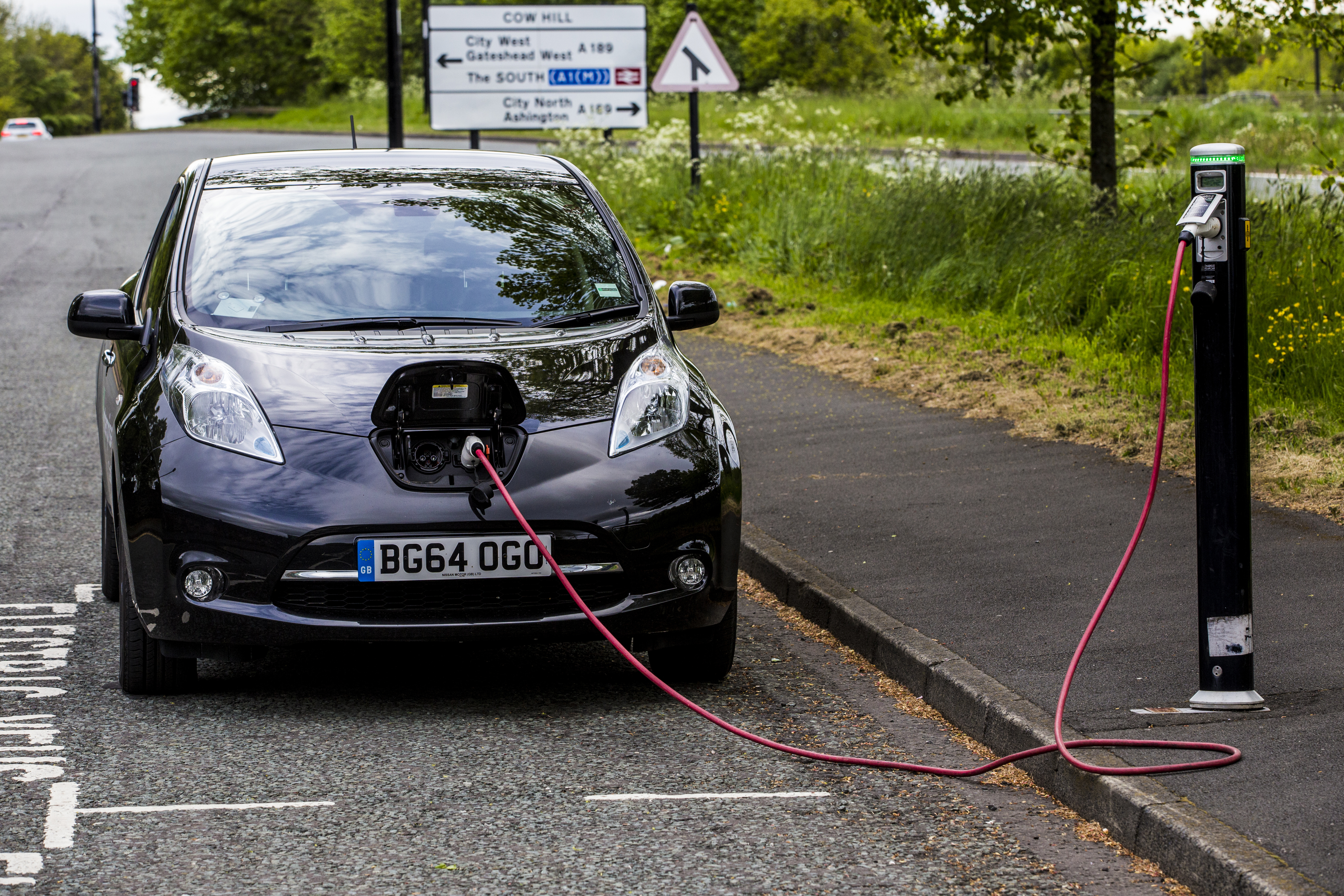
[Image: Source Shutterstock, Nov 2020]
High up-front costs and a lack of road chargers have been blamed for stagnating demand; plus, new entry-level electric vehicles are around £5,000 more expensive than equivalent diesel or petrol fuel models.
There is also the hidden cost of servicing and repairs, which is higher for electric cars, and many people rely on the car maker garages because independent mechanics rarely fix electric cars from a range of brands, so costs are usually higher.
Although electric cars have a higher up-front cost, the average lifetime running expense – including purchase – is £52,100, against £53,600 for petrol.
One in six English councils has failed to install chargers on residential roads, even though 2.8million will be needed in the next 10 years.
Howard Cox, founder of the lobby group FairFuelUK, said the plans risk ‘demonising’ petrol and diesel drivers unable to afford the switch to electric. Has the Government asked low income households, families and hard-pressed small businesses if they have signed up to their inequitable green revolution?’
Do you think the Government’s plan to ban new petrol and diesel cars by 2030 was a bit too early? When are you going to go electric, or will you wait for hydrogen cell vehicles?
Let us know in the comments below.

